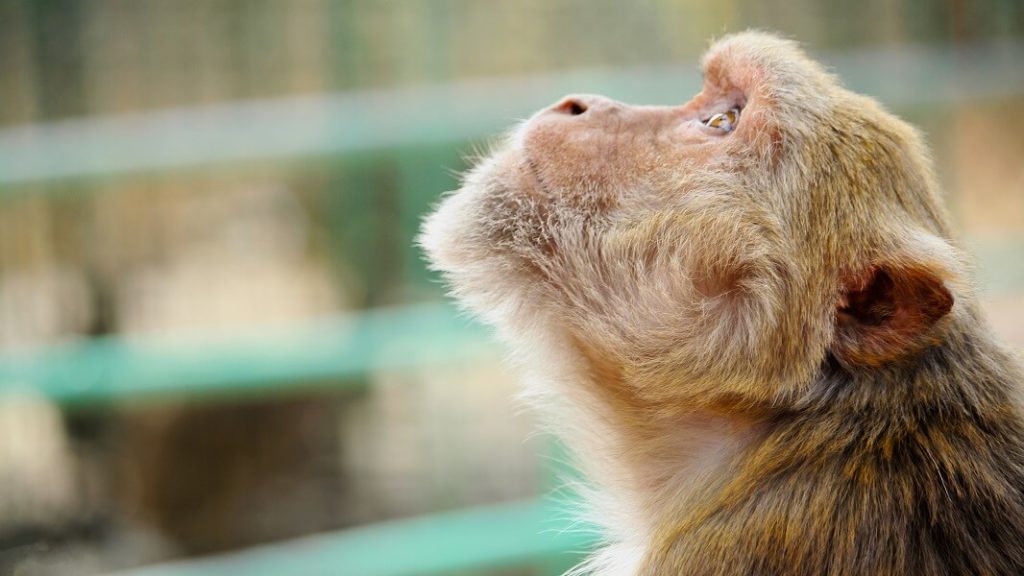Nearly 100 percent of UK residents are in favor of a global ban on cosmetic animal testing.
A survey of 500 individuals conducted by UK-based animal welfare nonprofit the Naturewatch Foundation found that 99.5 percent of Brits want to see cosmetic animal testing banned everywhere.
While cosmetic animal testing has been banned in the UK since 1998, cleaning product ingredients and chemicals used in farming, medical, and industry research still use live animals. The organization noted that four million animals including cats, dogs, mice, rats, fish, primates, and horses are used in procedures annually.
“Each year, the government releases shocking statistics exposing how many animals are used in British Laboratories,” Naturewatch Foundation campaign manager Sarah Carr said in a statement.

The survey didn’t just look into feelings on cosmetic animal testing — eighty percent said they don’t want animals used in medical research and 97 percent said they want a ban on animal testing for other reasons, like household cleaning products.
“There is huge secrecy about the types of animal testing in the UK underpinned by law. Naturewatch Foundation is campaigning peacefully for more transparency, including repealing Section 24 of the Animals (Scientific Procedures) Act of 1986,” she continued.
Under Section 24, individuals are prohibited from disclosing information related to their job, which may prevent how animals are treated in labs from being brought to light. Whistleblowers may face imprisonment or a fine for violating Section 24.
What Are the Alternatives to Animal Testing?
“We want the government to do more to support alternative testing methods using the latest scientific advances,” Carr added.
Animal testing, cosmetic or otherwise, is becoming antiquated in light of new technology. New methods are not only kinder to animals, but also cheaper and more effective.
And according to the National Anti-Vivisection Society (NAVS), the use of animal models for tests can produce misleading results due to biological differences. “Different species—and strains within species for that matter—metabolize drugs and are affected by disease differently. No animal models can accurately recapitulate the human condition because animals are not people,” states the organization.
Cruelty-free testing methods include using cell cultures, human tissue (from both deceased and consenting humans), computer models, and using volunteers. China, once notorious for required animal testing for new post-market cosmetics products entering the country, is moving toward using new technology instead. Australia banned cosmetic animal testing earlier this year.
Animal use in the UK is on the decline — 1 million fewer animals were used this year compared to 40 years ago, according to NAVS data.


